THE FUR BAN IN EUROPE
For years now, Bosnia and Herzegovina has been celebrated around the world as one of the positive examples of animal protection and rights, because in 2009 it was declared the fourth country in the world to ban the breeding of animals for fur production. This status was obtained by our country through the adoption of the Law on the Protection and Welfare of Animals (Official Gazette of BiH, No. 25/2009 and 9/2018), which prohibited the breeding of animals for the purpose of fur production. Although in the last ten years, information has been published several times that all fur farms in Bosnia and Herzegovina have been closed, unfortunately, the provisions of the Law on the Protection and Welfare of Animals in our country have not yet been implemented and respected, given that their implementation has been delayed. two times.
The original transition period for the closure of fur farms in Bosnia and Herzegovina was supposed to last until January 1, 2018, with the aim of leaving the existing farms an adequate period of time for adjustment, so as not to jeopardize the survival of households whose existence at that time depended on the performance of this type of activity . However, already in 2016, an initiative was launched to further extend this deadline, and the Constitutional and Legal Commission of the House of Peoples of the BiH Parliamentary Assembly adopted the said proposal, which postponed the ban on breeding animals for fur by another ten years, until 2028 to be exact.
The aforementioned decision, as the representatives of the Constitutional and Legal Commission stated, is justified given the fact that "in Bosnia and Herzegovina there are currently several farms engaged in breeding animals for the purpose of fur production", which is why it is "clear that the ban will which will come into force soon, this activity will be disabled.'' They also found the problem in the fact that in Bosnia and Herzegovina, at the moment when the ban was supposed to come into force, the conditions for material compensation or some other form of compensation compensation had not yet been met, which is why it was necessary to extend the previously adopted deadline, while do not create the conditions for adequate compensation.
The entire procedure of the emergency procedure for amending the Law on the Protection and Welfare of Animals in BiH is very controversial, especially if you take into account the fact that the breeding of animals for the purpose of fur production was illegal for 40 days, i.e. in the period from January 1, 2018 to the date of publication adopted changes in the Official Gazette of Bosnia and Herzegovina, which actually violated one of the fundamental legal principles - legal certainty. Such behavior also pointed to numerous other irregularities, the most significant of which is the one related to the formation of a special body provided for by the Law - the Expert Council for the Protection and Welfare of Animals, whose task is to monitor and evaluate the implementation of this law, and which as such still it was never formed.
In this sense, the question arises whether Bosnia and Herzegovina even deserves to be listed among the countries that have banned the breeding of animals for the purpose of fur production? In the past few years, the association "EVA" has repeatedly tried to obtain data on the number of fur farms that continued to function as such on the territory of our country. Considering that the competent institutions did not have data on such farms, and considering the fact that at the BiH level there is no single register that would keep records of them, several times information was released to the public about the fact that in Bosnia and Herzegovina " technically'' there is not a single farm of this type anymore. Unfortunately, practice has shown the opposite. In the course of 2021, the association "EVA" conducted a campaign called "Be the godfather", which aimed to adopt 33 chinchillas rescued from one of the remaining fur farms in Bosnia and Herzegovina. Although the campaign ended successfully with the adoption of all the animals, it also proved the devastating fact that such farms still exist on the territory of our country, and what is perhaps the worst is that we still do not know the data on their number and activities.





